- News
- Reviews
- Bikes
- Components
- Bar tape & grips
- Bottom brackets
- Brake & gear cables
- Brake & STI levers
- Brake pads & spares
- Brakes
- Cassettes & freewheels
- Chains
- Chainsets & chainrings
- Derailleurs - front
- Derailleurs - rear
- Forks
- Gear levers & shifters
- Groupsets
- Handlebars & extensions
- Headsets
- Hubs
- Inner tubes
- Pedals
- Quick releases & skewers
- Saddles
- Seatposts
- Stems
- Wheels
- Tyres
- Tubeless valves
- Accessories
- Accessories - misc
- Computer mounts
- Bags
- Bar ends
- Bike bags & cases
- Bottle cages
- Bottles
- Cameras
- Car racks
- Child seats
- Computers
- Glasses
- GPS units
- Helmets
- Lights - front
- Lights - rear
- Lights - sets
- Locks
- Mirrors
- Mudguards
- Racks
- Pumps & CO2 inflators
- Puncture kits
- Reflectives
- Smart watches
- Stands and racks
- Trailers
- Clothing
- Health, fitness and nutrition
- Tools and workshop
- Miscellaneous
- Buyers Guides
- Features
- Forum
- Recommends
- Podcast
TECH NEWS
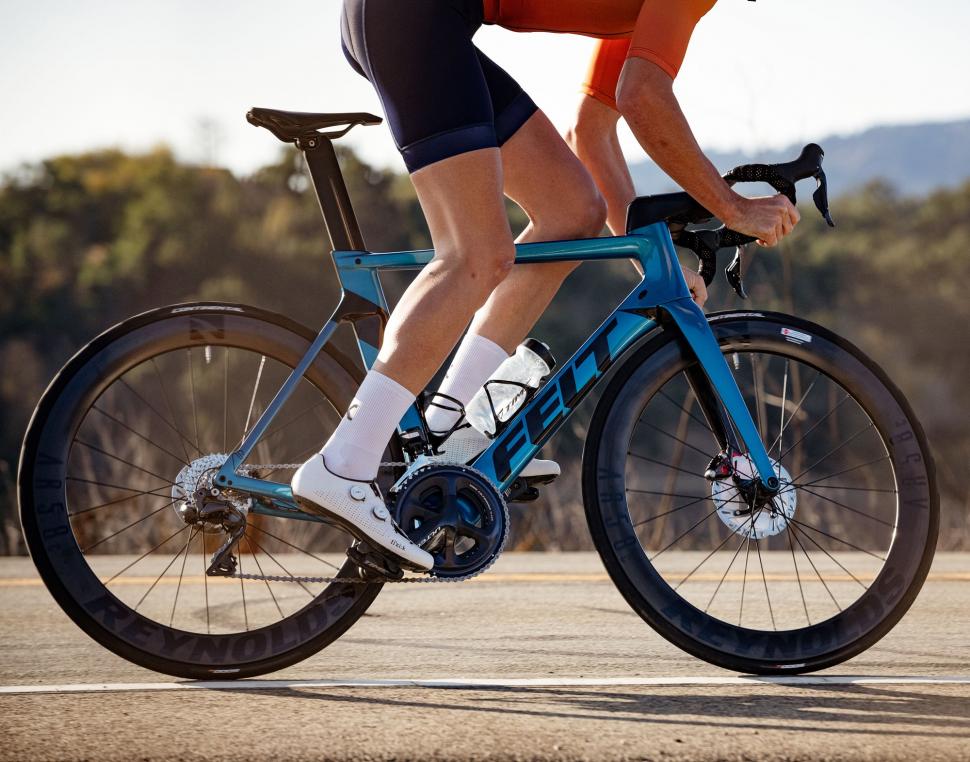 Felt AR aero road bike 2020 launch - 16.jpg
Felt AR aero road bike 2020 launch - 16.jpgNew AR is Felt's "most aero road bike ever"
Felt says that the updated AR is not only its most aerodynamically efficient road bike ever, it also offers an improved ride quality, better handling, disc brakes, clearance for up to 30mm tyres, and "a level of real-world functionality and integration that is ideally suited for all riders".
"It's not just faster, it's better in every way," says Felt – which isn't an unusual claim, let's be honest.
Here's the new AR in a nutshell:
• Disc brake-only
• Clearance for 30mm-wide tyres
• New seatpost module that's over 100% more compliant than previous AR
• New semi-integrated front end
• 9% faster than the previous generation AR
Aerodynamics
Felt worked with data that says cyclists spend the majority of their time riding in conditions of relatively low yaw (-10° to 10°), and used computational fluid dynamics (CFD) software to create hundreds of virtual permutations of new airfoil shapes, taking many physical models to the wind tunnel for validation.
Of course, they also had to evaluate the structural characteristics of each airfoil design. There's no point having an ultra-aero design if it's not stiff enough. Get details on stiffness claims below.
One aero development is what Felt calls the 'fish lips' on the seat tube. This flared section helps blend the aerodynamic profiles of the seat tube and the tyre/wheel.
"It allows for more tyre clearance without creating a significant gap between the tyre and the seat tube, which would otherwise increase aerodynamic drag," says Felt.
"A frame without 'fish lips' on the seat tube can only be optimised for one tyre width [but] the AR can accept multiple tyre sizes, up to 30mm, while still having an efficient blended airfoil between the frame and the tyre/wheel assembly."
Felt gives these figures comparing the new AR with the previous generation (based on measurements made at the San Diego Low Speed Wind Tunnel):
• 0° yaw 9.4% faster
• -2.5°–2.5 7% faster
• -5°–5° 5.2% faster
• -7.5°–7.5° 3.2% faster
• -10°–10° 0.7% faster
Felt doesn't say what wind speed those figures refer to, and it doesn't offer comparisons with bikes from other brands.
"We'll say with confidence that the new AR is 1.4% faster than the previous AR in overall conditions," says Felt, basing that figure on a weighted calculation that takes into account the distribution of time a road rider spends at specific ranges of yaw.
Stiffness
Felt claims these figures comparing the stiffness of the new AR with the previous version:
• 11% improvement in lateral stiffness of head tube
• 21% improvement in lateral stiffness of fork
• 15% improvement in torsional stiffness of fork
• 14% improvement in BB pedalling stiffness
Seatpost
Felt says that the profile of the AR's seatpost has been fine-tuned for aerodynamics but the split design remains from the previous version.
Why the split? Felt gives these reasons (in Felt's own words):
• It allows for an aerodynamically optimised interface between the post and the frame's seat tube junction.
• It allows the two halves of the post to flex and shear independently of one another, which increases overall rider comfort.
• It allows for the use of a proprietary clamping mechanism that is designed specifically around the unique properties of carbon-fibre.
Felt has now created a rubber damping sleeve that lives within the junction of the seatpost and the seat tube, the idea being to add compliance.
Felt claims that the new seatpost provides 112% more flex than that of the previous generation AR, and that the potential to tune ride quality is in development.
Disc brakes
Felt says that it was sold on the benefits of disc brakes at the start of the design process for the new AR but that it had to work hard to incorporate them while also reducing drag.
"It all came down to a new airfoil paradigm, and a painstaking development process of optimising how those airfoils interact across the whole of the bicycle," says Felt.
Also, the dropouts are countersunk so the custom thru-axles sit flush with the frame and fork.
Real-world usability
Felt says that it has spent a lot of time ensuring that the new AR is easy to live with.
"Because most of us do not ply our trade racing on a professional cycling team and have an army of world-class mechanics to do the dirty work of bike maintenance, we committed ourselves to making the new AR the best possible bike for all riders, so we knew from the outset that the AR would have a traditional front end, with a separate handlebar and stem configuration, and without a fully integrated cable routing system," says Felt.
The cables are routed under and through the new oversized stem to hide them from the wind without making mechanical work more difficult.
The stem can be removed without affecting the cables and can be swapped in minutes.
A stem faceplate has been designed for use with aftermarket computer mounts.
Availability
The all-new Felt AR aero road bike is available now in six frame sizes and two component packages, as well as a frame kit option.
We don't yet have UK prices but the prices in Euros are:
• Shimano Ultegra Di2 build €6,399
• Shimano Ultegra mechanical build €4,999
Mat has been in cycling media since 1996, on titles including BikeRadar, Total Bike, Total Mountain Bike, What Mountain Bike and Mountain Biking UK, and he has been editor of 220 Triathlon and Cycling Plus. Mat has been road.cc technical editor for over a decade, testing bikes, fettling the latest kit, and trying out the most up-to-the-minute clothing. He has won his category in Ironman UK 70.3 and finished on the podium in both marathons he has run. Mat is a Cambridge graduate who did a post-grad in magazine journalism, and he is a winner of the Cycling Media Award for Specialist Online Writer. Now over 50, he's riding road and gravel bikes most days for fun and fitness rather than training for competitions.
Latest Comments
- BikingBud 2 hours 44 min ago
And here is maybe my downfall as an engineer and being involved in safety I am too objective....
- Tom_77 3 hours 6 min ago
Bike serial numbers should be registered at the point of sale - Bike Register / Immobilise *. It would be easy to do and ought to make it harder to...
- Tom_77 3 hours 29 min ago
Tempted to get him a sweary birthday cake like in The Thick Of It....
- Bigtwin 3 hours 40 min ago
Which makes the case perfectly for a sensible limit on the price of the C2W bike, and the relief on it. No one on north of £100K a year needs to...
- dubwise 3 hours 44 min ago
Sorry to let you down Jack, but unfortunately I have a face for radio and a voice that is only useful for closing time in pubs. For shame.
- Bigtwin 3 hours 58 min ago
Didn't happen did it? They came into my shop a couple of years back and said it was "on the way", but never heard anything more.
- Steve K 4 hours 31 min ago
Very parochially, I've still not forgiven Pearson's for abandoning their roots by leaving Sutton.
- Gd29 4 hours 39 min ago
Warner Bros makes 8 year term agreement... withdraws after 4 taking the whole thing down....
- Pub bike 5 hours 14 min ago
That may well be so but in this specific case following the link to the article the first paragraph states "A "devastated" owner of a bike shop in...
- BikingBud 5 hours 14 min ago
Kind of like the idea but feel it is getting a bit too much into "Enemy of the State"...
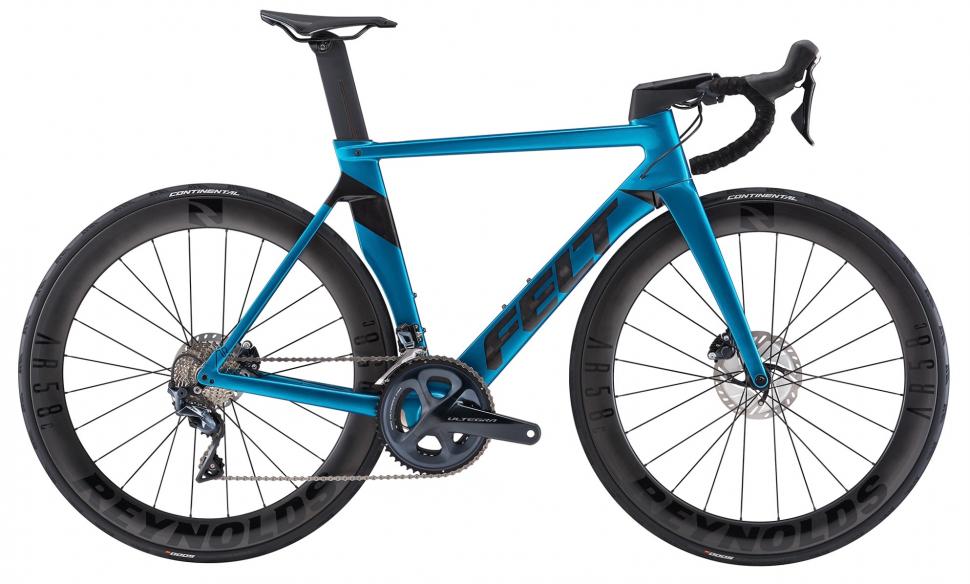
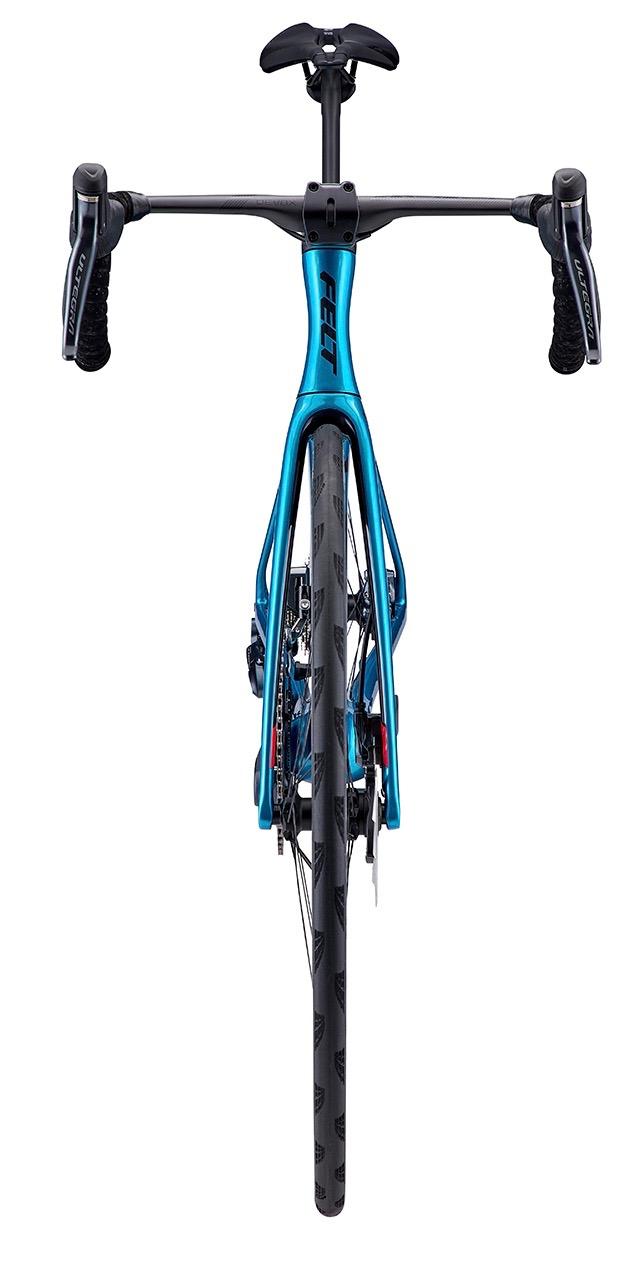
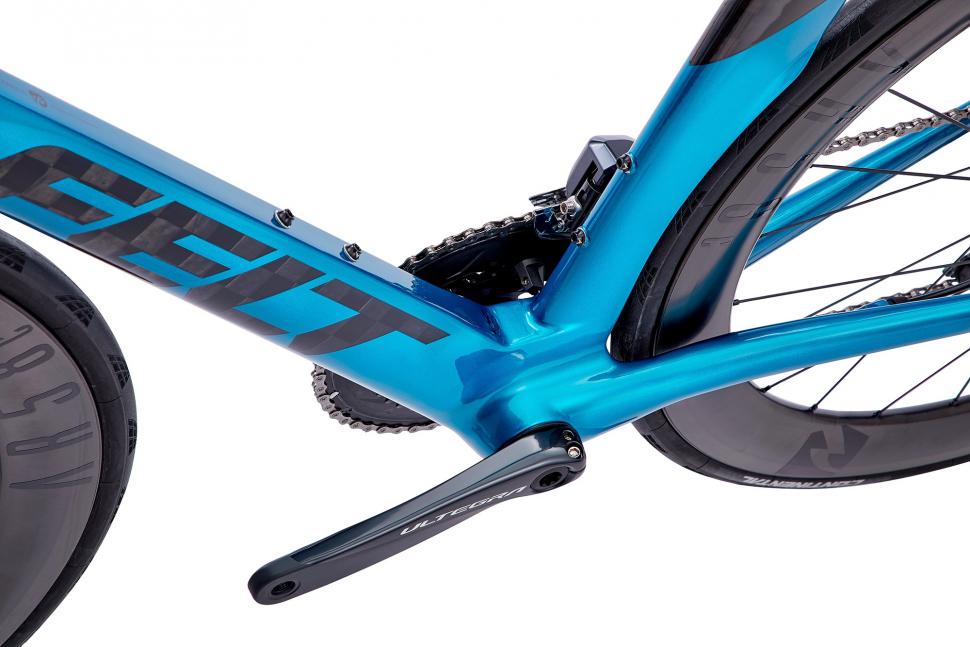
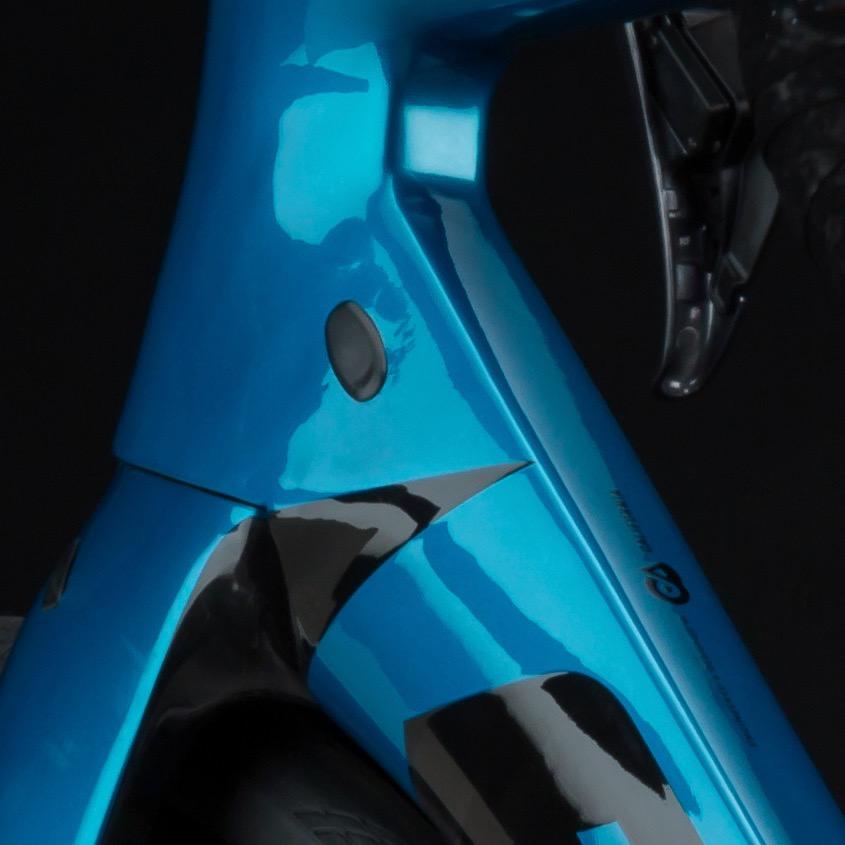
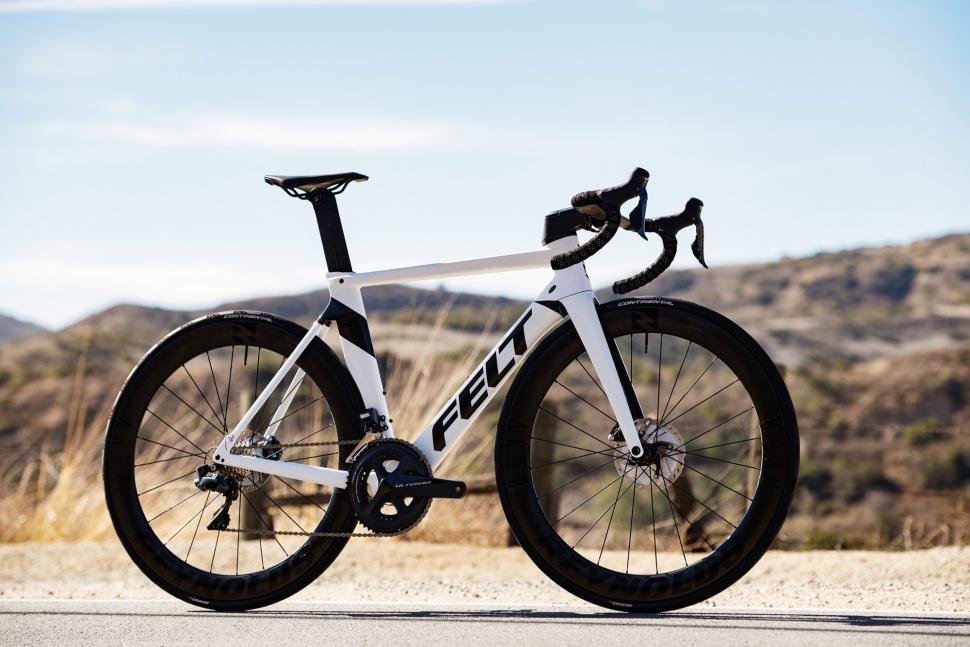
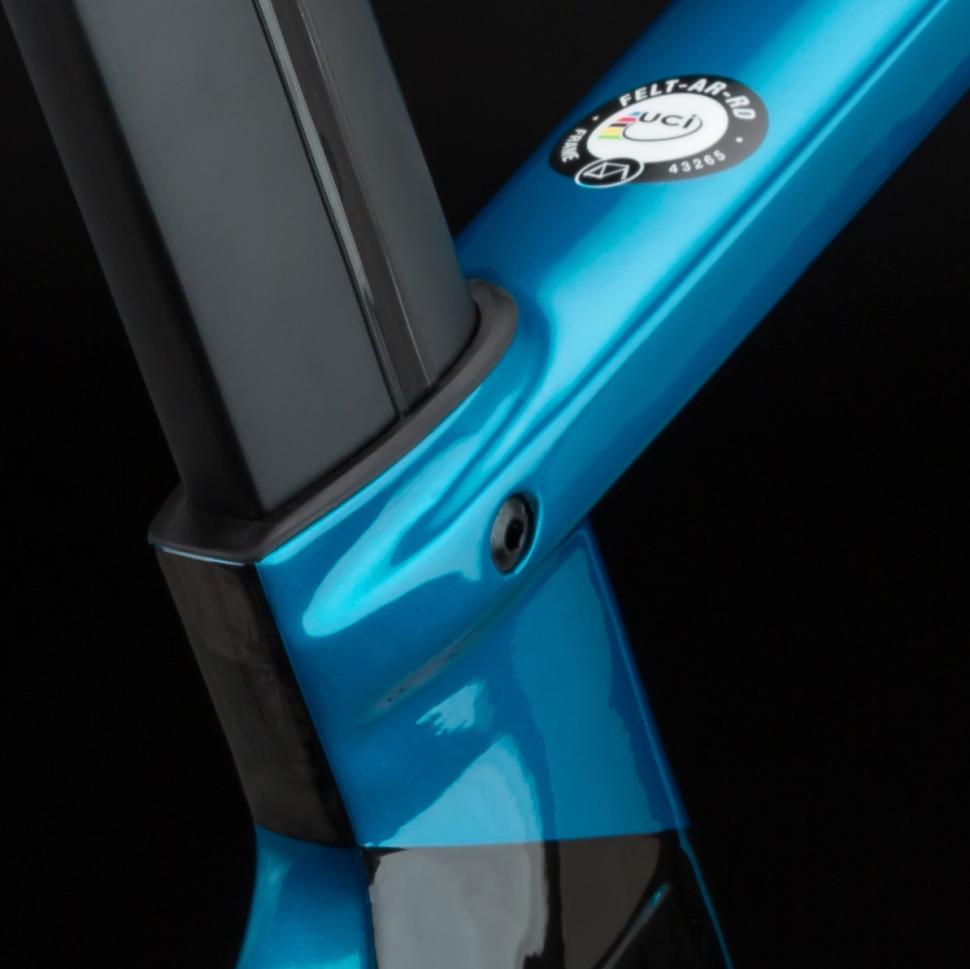
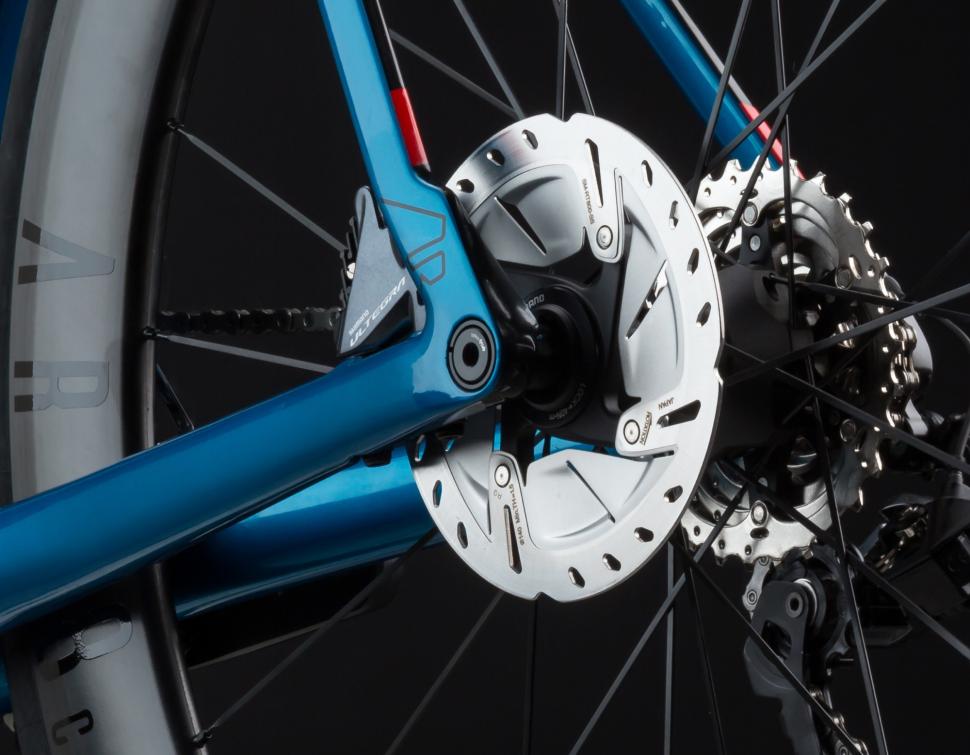
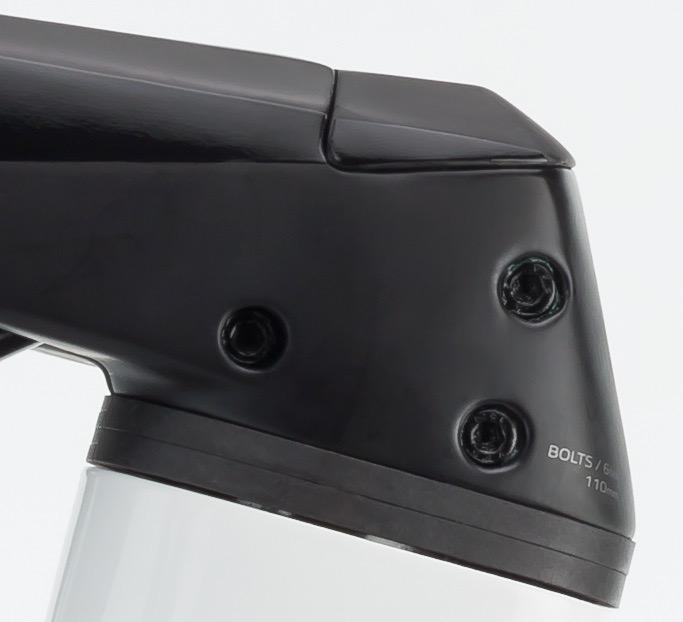
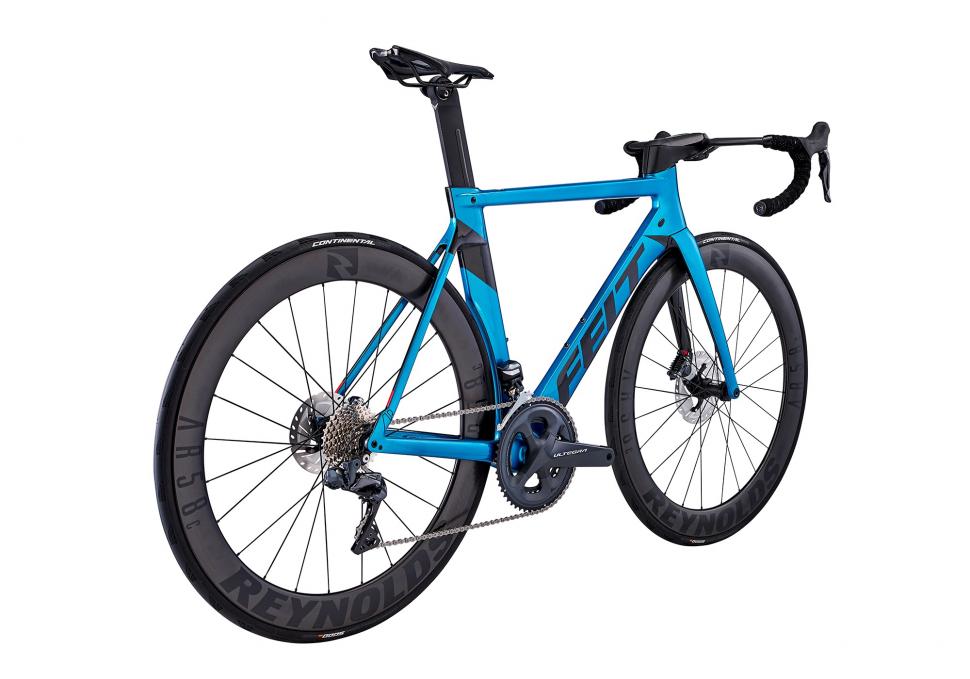















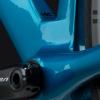







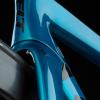





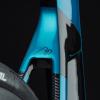












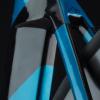
Add new comment
3 comments
Step 1 - Take 1x Giant Propel
Step 2 - put FELT sticker over logo
Step 3 - Felt AR complete
I've a soft spot for high end Felt bikes, the previous AR was very forward thinking for it's time but turned everyone off with their useless rear brake position.
This one looks decent too. I can't see many negatives, apart from that seatpost being a pain to fit something around it like a rear light, but then again if I wanted all the aero's I could look past it.
The other slightly odd thing is the tyre optimisation, is it being optimised for a 30mm wide wheels/tyre combo or is it being optimised for 30mm tyres (which might be 34mm on a wide wheel?) Are we all supposed to be riding 30mm tyres now? I'm quite happy with 25's thankyou, 23's on my race wheels.
Fish lips aka Leslie Ash?